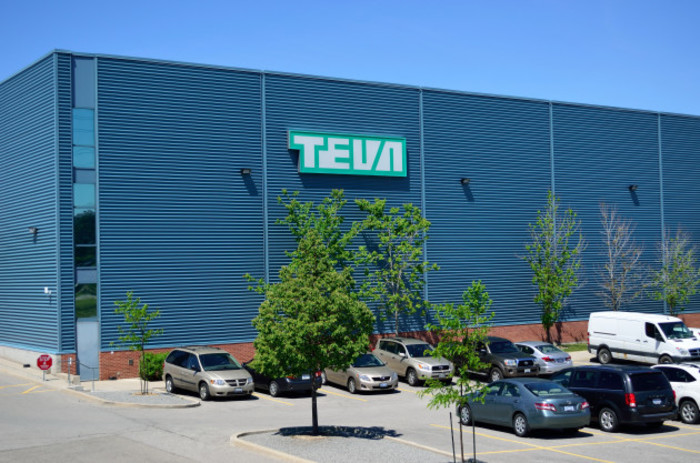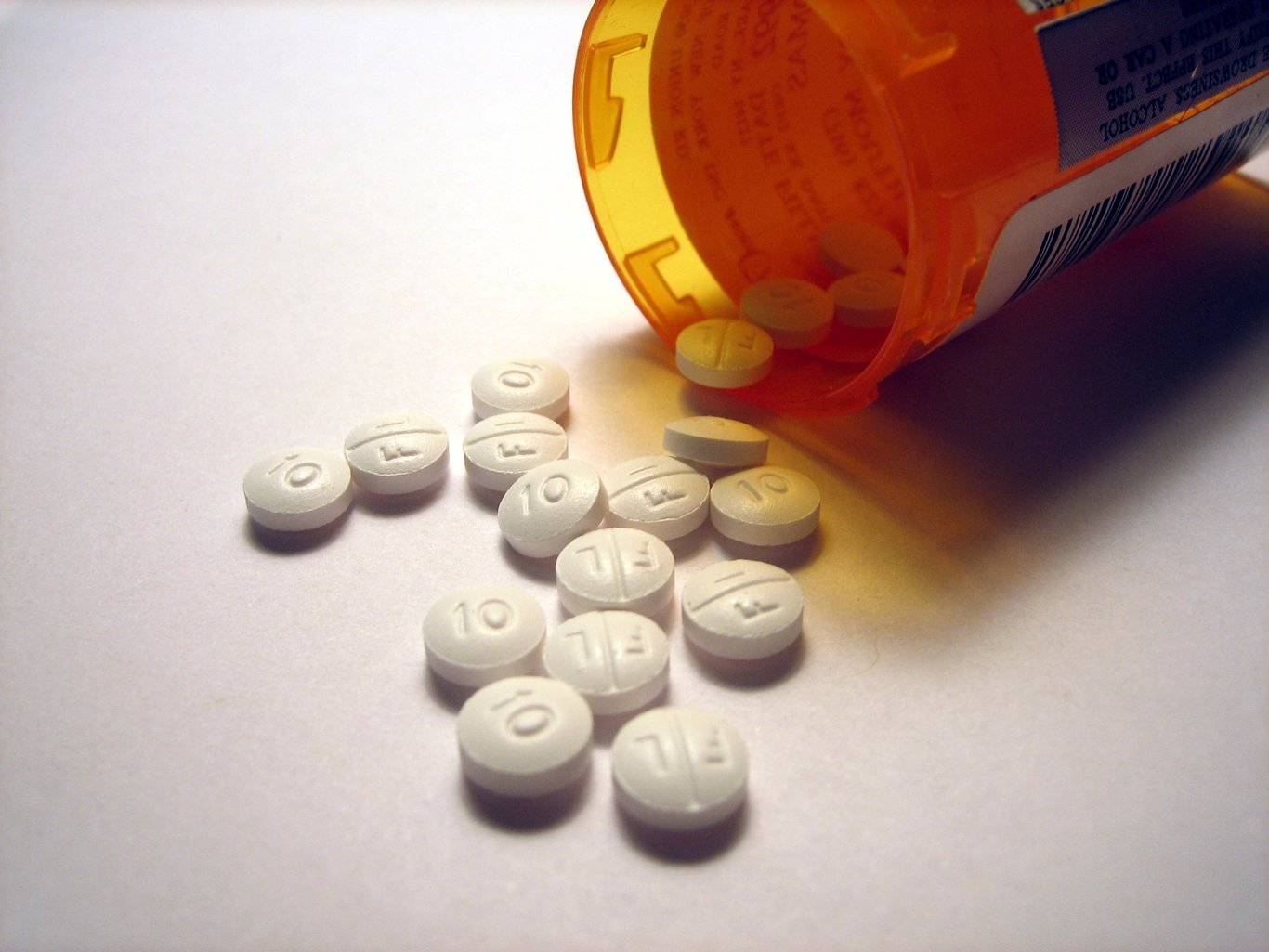Some enormous pharma companies aren't happy about a deal that could save taxpayers millions
It is expected that a new drugs pricing pact will save the state almost €200 million a year.
A GROUP REPRESENTING some of the world’s biggest pharmaceutical companies has come out against an agreement that could save the Irish state hundreds of millions of euro.
It was announced this morning that the Irish Pharmaceutical Healthcare Association (IPHA), which represents the manufacturers of prescription medicines and consumer medicines in Ireland, has reached a new four-year deal with the government on the supply of medicines.
Prices will be set to be an average of 14 European countries and are expected to be reduced annually. The cost of medicines will first be reduced in August and then further trimmed on an annual basis at the start of July.
The IPHA said that the pact will see total savings of €785 million over the lifetime of the agreement, an average of almost €200 million a year.
It is hoped that the deal will give patients access to new medicines. The agreement is with the 38 members of the IPHA, which include industry giants such as Pfizer, Allergan and Novartis.
IPHA member companies’ sales to the government last year amounted to €1.2 billion, about half of the state’s €2.4 billion spend on wholesaling and dispensing.
Price of drugs
IPHA president Leisha Daly said that the four-year period to 2020 “offers stability in the supply of medicines to patients and their treating clinicians who are using medicines supplied by our member companies”.
“With this agreement in place, patients and their doctors can expect that priority will be given to funding innovative, new medicines in the health services,” she said.
However, Irish pharma reform group the Healthcare Enterprise Alliance (HEA), which represents the makers of some of the world’s largest prescription drugmakers such as Dublin-based giant Mylan and US-Israeli multinational Teva, was critical of the agreement.

It said that the deal is anti-competitive and added that a clause in the deal will prevent the drugs known as ‘biosimilars’, which are drugs based on previously approved medicines, from entering the Irish market.
The HEA claims that biosimilars can be up to 30% cheaper than normal medication.
‘Missed opportunity’
HEA president Sandra Gannon, who is also the head of Teva Pharma’s Irish arm, said that the deal is a “missed opportunity”.
“The inclusion of an artificial pricing clause that blocks better value biosimilar medicines entering the market is profoundly disappointing,” she said.
“It leaves Ireland alone in Europe and indeed one of the only countries in the world preventing competition in this part of the medicines market.”
The Irish Pharmacy Union, which represents community pharmacists, said that while the deal is good value for taxpayers, pharmacists who bought drugs at higher prices will be financially hit.
Chairman of the Irish Pharmacy Union contractors’ committee Eoghan Hanly said medicines “will now be paid for by the HSE at the new lower rates, despite having been purchased by pharmacists at the higher prices which were previously agreed between the HSE and the drug companies”.
Hanly said that the union previously received a commitment that there will be a minimum two-week notice for any price changes, and called for an increased lead-in time for the new deal.






